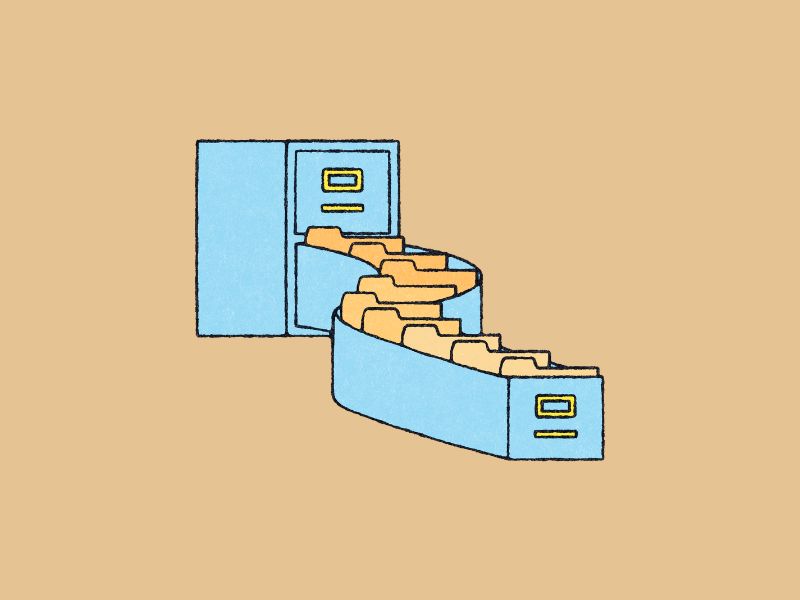
Does Council Tax affect your credit score?
Get the facts and learn how it affects your personal finances.
Your credit score is calculated from a detailed record of debts and monthly repayments – including your credit card, mortgage, mobile phone, and even some utility bill payments. But if you’re asking, “Does council tax affect my credit score?” the answer is no.
There are many reasons why it’s important to keep on top of your council tax bills, but none of them are directly connected to your credit score. Here, we look at why council tax doesn’t play a role in your credit score, what makes it different from your other monthly bills, and what can happen if you don’t pay council tax.
Why doesn’t council tax affect your credit score?
Council tax doesn’t affect your credit score in the same way as other monthly outgoings because it’s not a form of credit. This means your local authority doesn’t report your payments to the three credit reference agencies (CRAs) that maintain your credit report in the UK (Experian, Equifax, and TransUnion). Since they don’t receive the information, they can’t take it into account when they calculate your credit score.
In fact, this is true for every form of tax that you might have to pay throughout the year. For example, if you’re self-employed and you complete a self-assessment tax return, the payment won’t affect your credit score. And the CRAs will never see when and how much you pay in road tax either.
Put simply, your local authority is not a lender, tax and credit are not the same, and your credit score is only based on your credit use.
While it can be reassuring to know that a large council tax bill can’t damage your credit score, this also means that council tax can’t improve your credit score either.
While other repayments – like your credit card bill – can increase your credit score over time if you keep on top of them, your council tax can’t have the same positive impact. (Though that’s no reason not to pay your council tax – we’ll get to the importance of paying on time later.)
So, what does affect your credit score?
Countless other factors can influence your credit score, including:
The Electoral Roll. This is where there is some overlap between your local authority and your credit score. The council maintains the Electoral Register as a list of all the people who are eligible to vote in elections there, and information like your date of birth and your home address play an essential role in your credit score because they help lenders verify your identity.
Court information, including insolvency and County Court Judgments.
Information about your credit accounts, including the number of accounts you have, their age, the limits, the balance you owe, and formal applications for new credit products.
Depending on the CRA and the lenders they get their information from, your credit history can include details of your monthly payments, including your credit card payments, your mobile phone contract, and some of your utility bills.
But again, council tax debt is not included in this list.
The only thing to keep in mind when considering the link between your council tax and your ability to get credit is that you would have to include it in your total monthly outgoings if a lender asked for that information. However, depending on what type of credit you’re applying for and how much, you might not have to provide these details.
What happens to your credit score if you miss a council tax payment?
If you’re late paying council tax, it won’t impact your credit score. However, unless you have an exemption, it is essential to pay council tax on time. The consequences of leaving this bill unpaid are serious, and they can come about extremely quickly.
In fact, unpaid council tax is often referred to as a “priority debt”. Local authorities have more powers to make people pay their council tax than lenders have to make their customers pay what they owe. It’s often recommended that you pay council tax before non-priority debts like unsecured loans and credit cards.
Whether you live in a local authority that bills council tax every month or one that bills for only ten months of the year, this is what can happen if you miss a payment:
A reminder notice. These formal letters let you know your council tax is overdue. They’re generally sent out after the payment is two weeks late, and they give seven days to pay the council tax arrears and settle the balance. You can only be sent two reminder notices in a financial year. If you receive a third letter, it will be an automatic final notice.
Note: If you don’t have enough money to pay other bills, you can ask your local authority to make a repayment plan with smaller payments over time. However, they do not have to agree to this arrangement.
A final notice. These letters follow the reminder notice if the tax is still unpaid. At this point, you would usually be given seven days to pay your council tax for the rest of the year, in full, to avoid further action.
A court liability order. This is where the local authority applies to the magistrate’s court to create a legal demand for payment. It’s the magistrate’s job to consider whether someone can afford to pay and whether they have a valid reason for not paying. If the magistrate rules in the council’s favour, bailiffs (or “enforcement agents”) can be called in to seize property, and the council can take the money directly from your salary or benefits (including Universal Credit and Income Support) until the full amount is paid. The local council can also pass the costs of the court and bailiff fees on to you.
Up to 90 days in prison, if someone continues to ignore a liability order.
Does a court liability order affect your credit score?
Court liability orders for council tax will not appear on your credit report, and they can’t affect your credit score. This being said, in these circumstances, your credit score is unlikely to be your biggest worry, at least in the short term.
Council tax and your credit score: a summary
Your council tax can’t generally affect your credit score. However, because lenders take all your monthly outgoings into account when they’re looking at your application and calculating your debt-to-income ratio, it’s technically true that council tax can influence your credit applications and affect your ability to get new credit.
Although council tax doesn’t appear on your credit report, it’s absolutely crucial to prioritise paying this debt whenever you get a bill from your local authority. The consequences of not paying are severe and can land you in serious financial difficulty, if not prison.
When you want to see your complete credit report, including all the details that are influencing your credit score, use Checkmyfile. We’re the most detailed credit report you can get, including public record information and details from Experian, Equifax, and TransUnion in one place.
